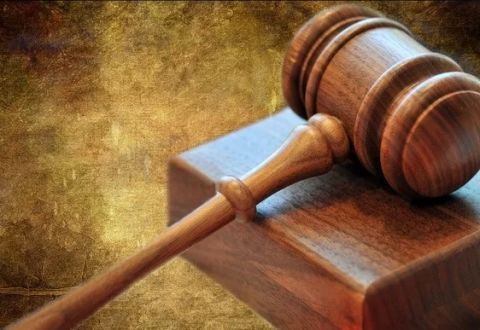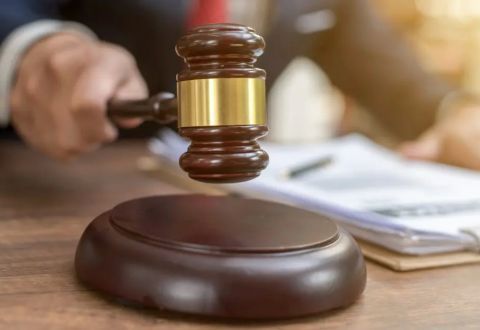Legal Advice for Tenant-Landlord Disputes in Texas: Understanding Your Rights
- Overview of Tenant-Landlord Disputes in Texas
- Understanding Tenant Rights in Texas
- Understanding Landlord Rights in Texas
- How to Resolve Tenant-Landlord Disputes
- When to Seek Legal Help for Tenant-Landlord Issues
- Legal Resources for Tenants and Landlords in Texas
Overview of Tenant-Landlord Disputes in Texas
Tenant-landlord disputes are common in Texas, as both parties navigate complex legal rights and responsibilities. Whether it's about unpaid rent, property maintenance issues, eviction proceedings, or disagreements over lease terms, these conflicts can often escalate without the proper understanding of the law.
Both tenants and landlords in Texas are protected by a series of state laws designed to ensure fair treatment and resolve conflicts efficiently. Knowing your rights and responsibilities is crucial for avoiding misunderstandings and seeking a peaceful resolution when issues arise.
Understanding Tenant Rights in Texas
In Texas, tenants have specific rights that protect them from unfair treatment by landlords. These rights include the right to a habitable living space, the right to privacy, and protection against unlawful eviction. For example, a landlord cannot simply evict a tenant without proper legal procedures, such as giving appropriate notice and filing for eviction in court if necessary.
Additionally, tenants have the right to request repairs for essential services, such as plumbing and heating. If a landlord fails to make timely repairs, tenants may be entitled to withhold rent or even break the lease without penalty in some cases. Understanding these rights helps tenants navigate disputes effectively and ensures that they are not taken advantage of.
Understanding Landlord Rights in Texas
Landlords in Texas also have important rights to protect their property and ensure that tenants adhere to the terms of the lease. Landlords can charge rent, require a security deposit, and establish rules for the property as long as they comply with state and local laws. For instance, landlords have the right to enter the rental property in emergencies, such as to make necessary repairs or ensure the safety of the property.
Additionally, landlords have the legal right to evict tenants who violate the lease terms, fail to pay rent, or engage in illegal activities on the premises. However, eviction must follow strict legal procedures, including proper notice and court action, to ensure fairness and avoid potential legal complications.
How to Resolve Tenant-Landlord Disputes
Resolving tenant-landlord disputes often starts with clear communication. Many conflicts arise from misunderstandings about lease terms or responsibilities, so it's crucial to address concerns early on. Here are a few steps to consider:
- Document Everything: Keep records of all communications, payments, and repair requests. This documentation can be invaluable in resolving disputes or defending against false claims.
- Attempt Mediation: Before resorting to legal action, both parties can agree to mediation, where a neutral third party helps facilitate a resolution.
- Seek Legal Assistance: If mediation fails or if the dispute escalates, legal advice may be necessary to protect your rights and ensure a fair outcome.
When to Seek Legal Help for Tenant-Landlord Issues
There are times when professional legal assistance is crucial. If you are facing an eviction, dealing with property damage claims, or struggling to get a landlord to make necessary repairs, a lawyer specializing in tenant-landlord disputes in Texas can provide expert guidance. Legal help is especially important when the dispute involves significant financial losses or if the other party is not adhering to legal obligations.
Consulting with an attorney early in the process can help you understand your options, avoid costly mistakes, and ensure that you are following the proper legal procedures.
Legal Resources for Tenants and Landlords in Texas
There are numerous resources available to tenants and landlords in Texas to help navigate legal issues. The Texas State Law Library offers guides on tenant rights and landlord responsibilities, and local legal aid organizations can provide free or low-cost legal advice for qualifying individuals.
For landlords and tenants looking to resolve disputes without formal court proceedings, mediation services are also available through community organizations. These resources can provide assistance in finding a fair resolution and avoiding costly legal battles.
For expert legal advice on tenant-landlord disputes in Texas, visit Free Range Lawyers for professional legal support and guidance.






